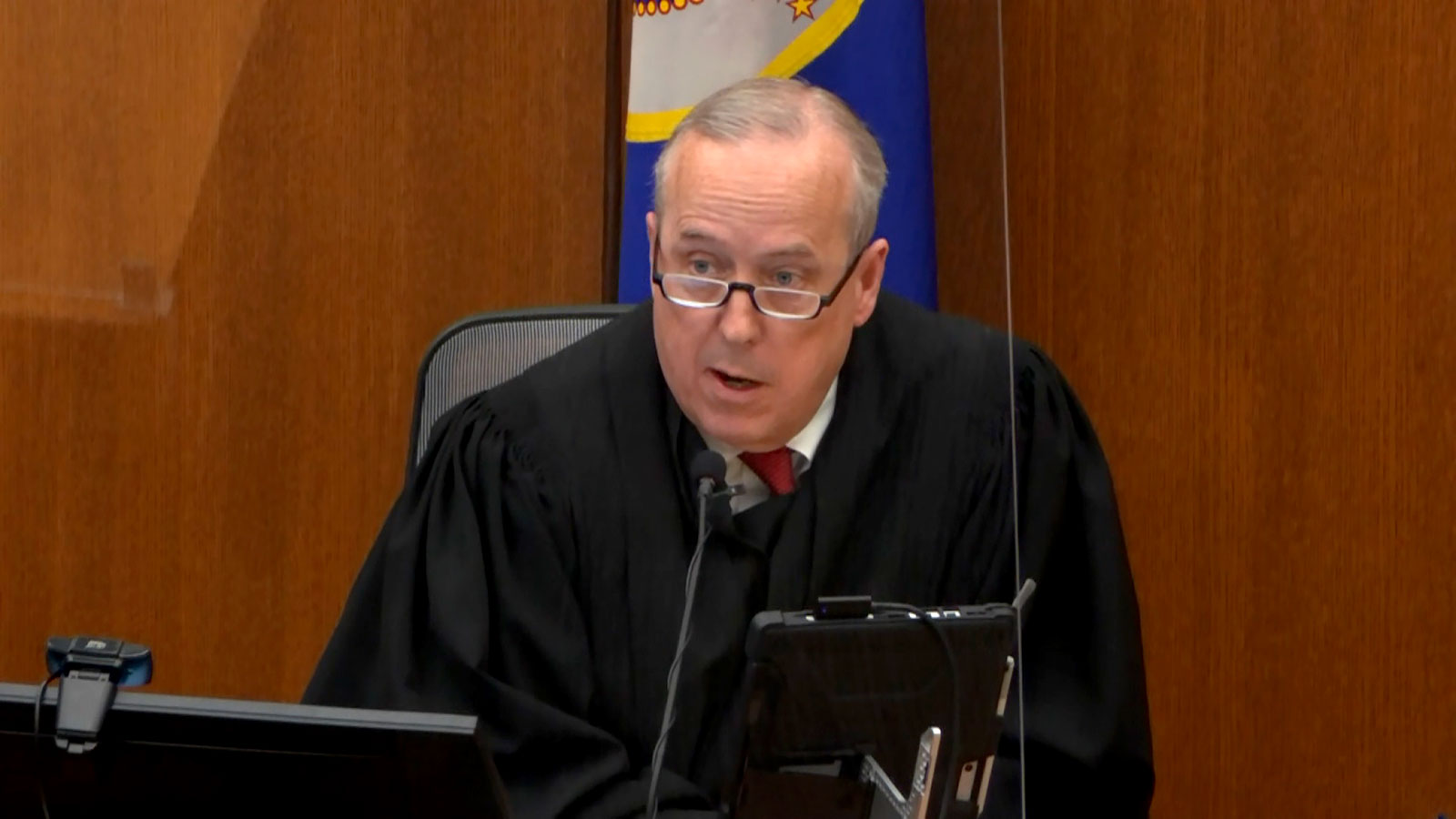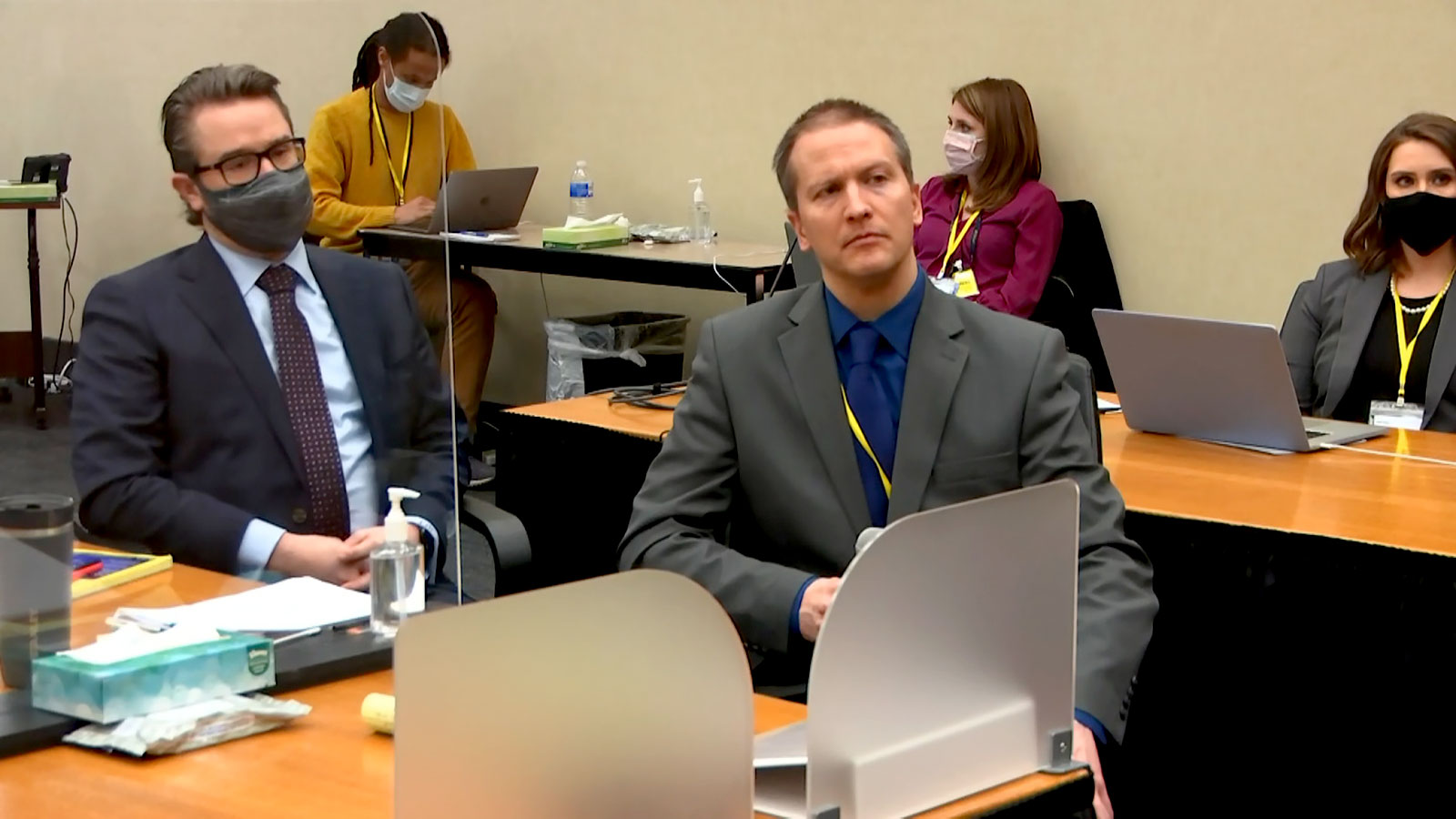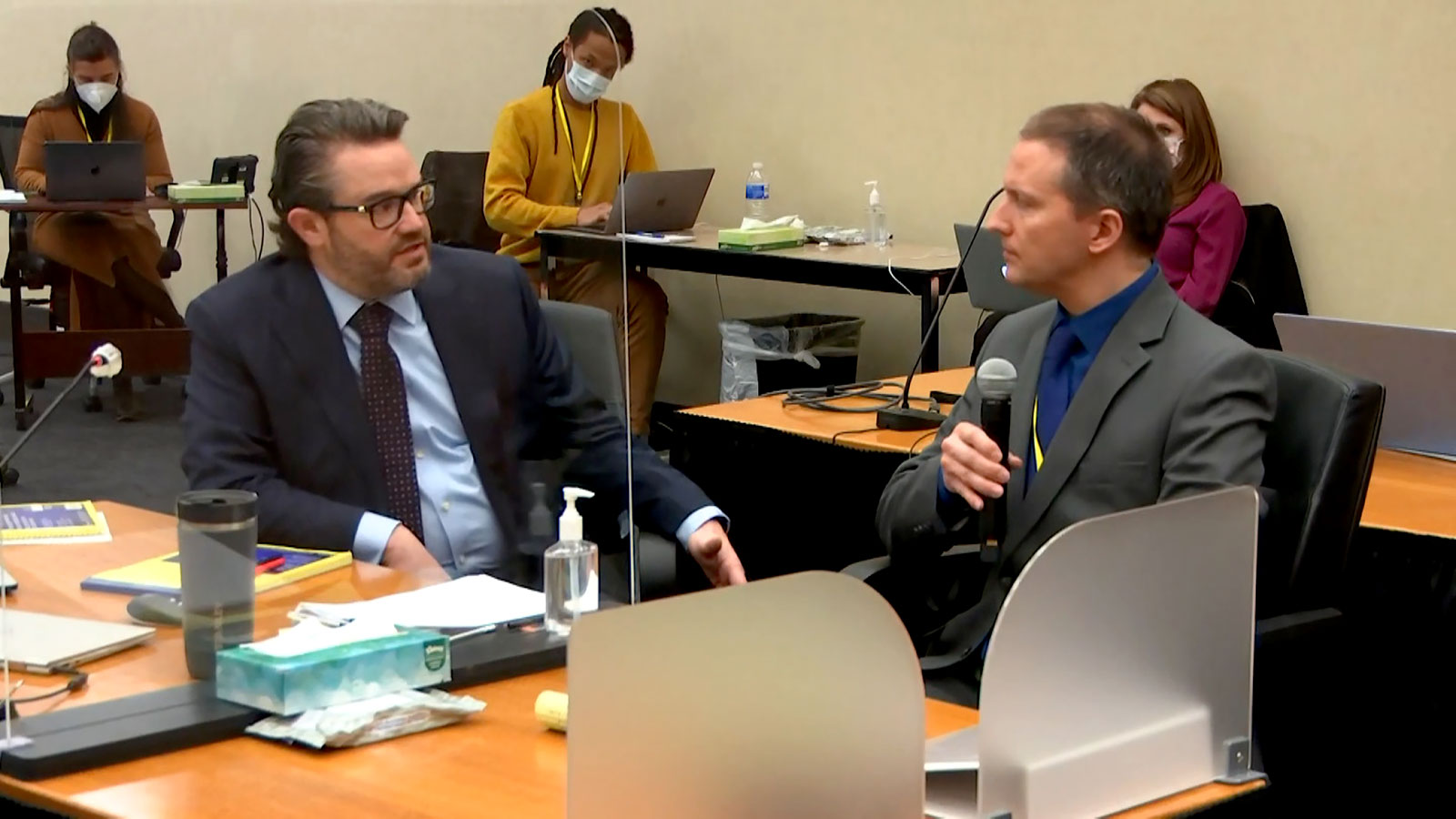
After the defense rests its case, Judge Peter Cahill will allow the prosecution to call a witness to rebut some of the testimony by defense expert witness, Dr. David Fowler. But the judge said that he will limit what the witness can testify about.
During a court proceeding this morning prior to the jury coming in, both sides argued over the rebuttal testimony.
Prosecutor Jerry Blackwell told the judge that the prosecution had new evidence to present regarding carbon monoxide in George Floyd's blood. Yesterday, Dr. Fowler, a retired forensic pathologist, said it was possible that carbon monoxide ingestion from the tailpipe of the car that Floyd was pinned on the ground near could have contributed to his death.
Defense attorney Eric Nelson said he opposed allowing the prosecution to present this evidence and call its rebuttal witness. Nelson argued that the disclosure of these new test results was untimely. He said that he only received the information last night after court had wrapped for the day.
The prosecution indicated in court that the witness they will call to rebut Fowler's testimony is Dr. Martin Tobin, a pulmonologist that testified at trial that Floyd died of "low oxygen levels."
The judge ruled that Tobin can testify however, he is not allowed to tell the jury about the test results. He said that any mention of these records will result in a mistrial.

